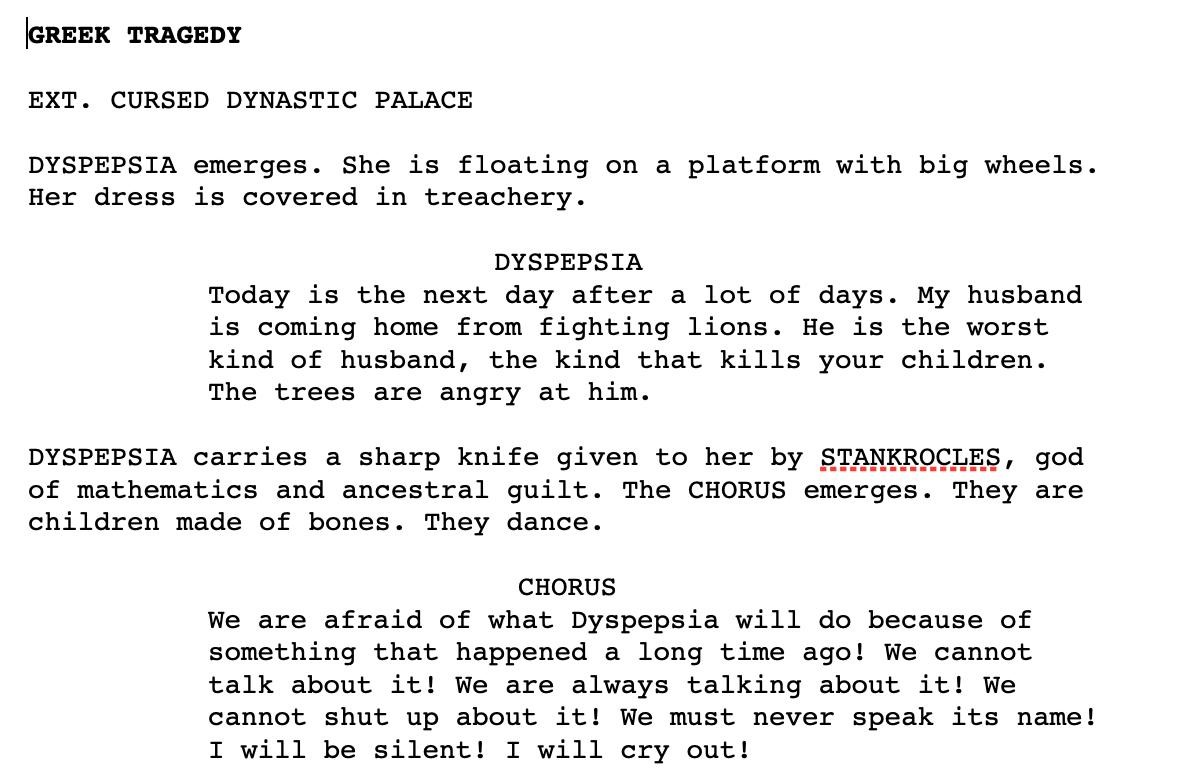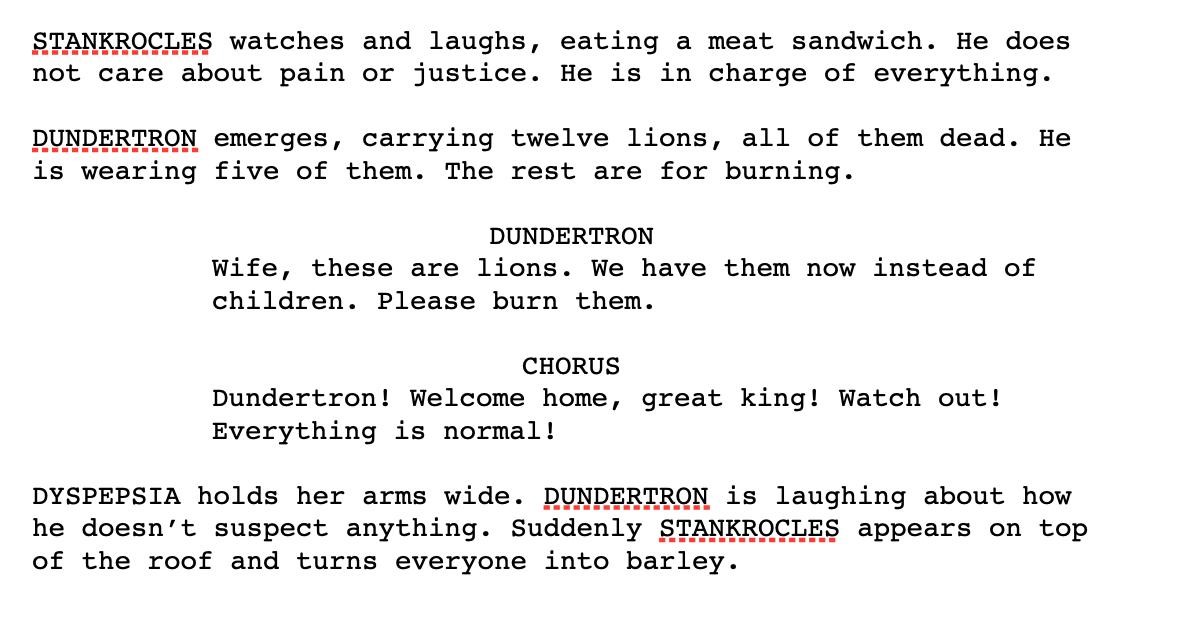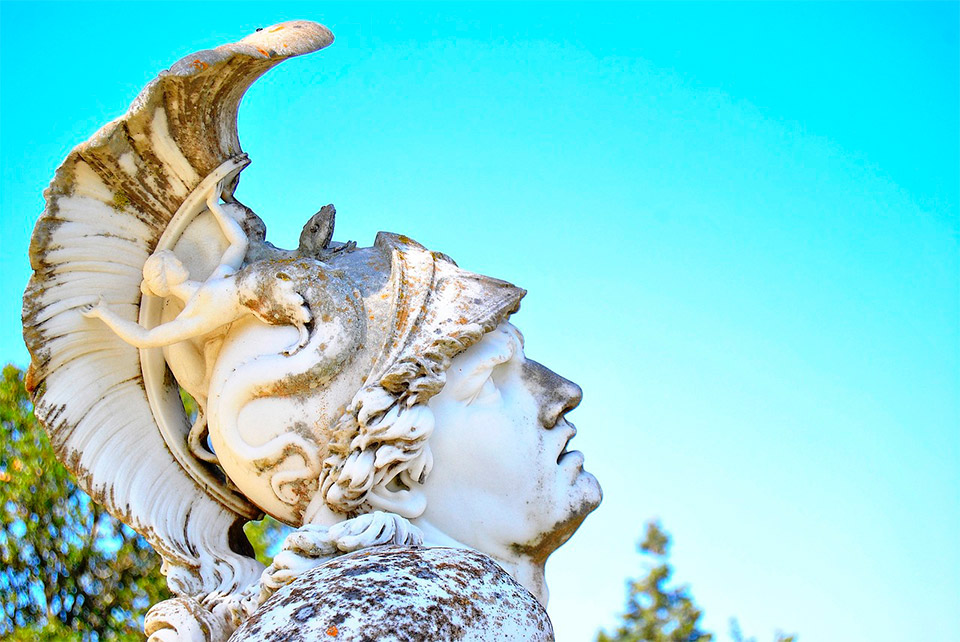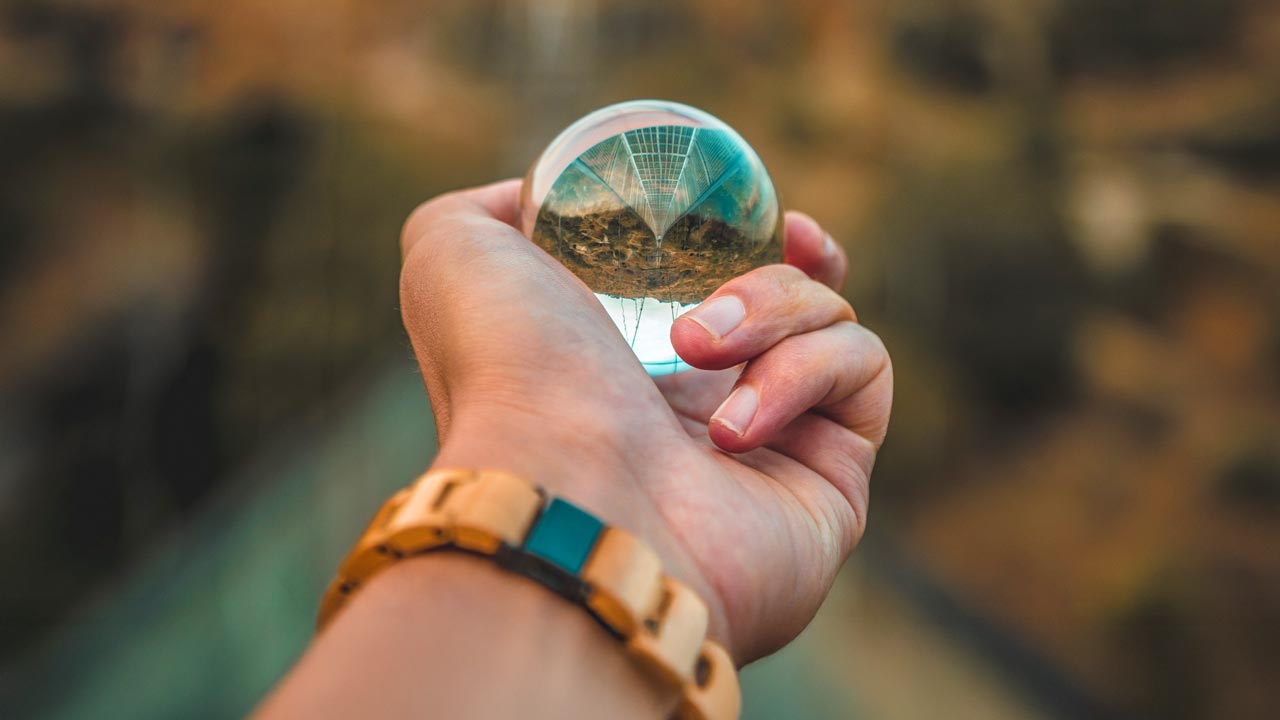Artificial Intelligence, doing more than humanly possible since the Greeks
Many of those working in the world of Artificial Intelligence acknowledge the 1950's as the birth of concepts such as Machine Intelligence and Artificial Intelligence with the creation of the ‘Turing Test’ by Alan Turing. In a previous blog post we talk about the importance of these early developments to the progress of machine learning technologies now. Whilst these years mark the start of AI as we know it today, ideas about creating artificial life were imaginable long before technology was even invented.
Throughout history new developments have been vilified for "going too far" and adding unnecessary complications to our lives. However, in many writings from ancient times, we can see that humans have always dreamed of pushing the limits of nature, from what is humanly and biologically possible. Maybe it's within our nature to surpass it.
Ancient examples
Ideas of artificial life feature in many ancient texts from Ancient China, Hinduism and Ancient Greece. Dr Adrienne Mayor, a Historian of Science, has studied many examples of how ancient civilisations envisaged the concept of technology. The etymology of Biotechnology is the word Biotecnin from Ancient Greece. It means to be made by craft and not formed naturally. They imagined, even in a pre-industrial society, the idea of human like technology. To bend the rules of nature long before it was possible.
The Odyssey is a 12,000-line poem spanning years of Ancient Greek history, myth and legend, written in the 8th century BCE. The author was, in theory, a blind man Homer, although nobody knows if he was real or legendary. Although the stories have altered and changed over time many elements still stand out, envisaging how to imitate, augment and surpass nature.
Some examples include ships guided by “thought alone”, presenting an ancient vision of driverless cars. Hephaestus, the working god makes automatic gates, self-moving carts, eagle like drones, crews of golden servants who had reason, mind and strength beyond humans. They possessed all the divine knowledge of the gods, imitating a large data system.
You can find similar stories of autonomous vehicles and artificial life in Hindu myths.
No single civilisation had a monopoly on ancient dreams of advanced technology. Whether one looks at Greek, Etruscan, Egyptian, Hindu, Islamic, Chinese, or any other ancient culture. Myths about artificial life all contemplate what wonders are possible if only one could possess the divine creativity and abilities of the gods.
A research scholar at Stanford University, Adrienne Mayor
Can bots write Greek Plays?
Whilst the Greeks dreamed of replicating AI, AI is yet to perfectly replicate Ancient Greek culture. Spencer A.Klaven tweeted a 2 page play his AI system created after supplying data from 1,000 hours of Greek tragedies. It produced an amusing result.

 @spencerKlavan on Twitter
@spencerKlavan on Twitter
Whilst this bot was less successful, other companies are employing the use of AI to write creative content. Using natural language generation, AI systems can replicate writing styles to produce poetry, social media posts or even financial reports. The technology was used to create an almost award winning novel, The Day a Computer Writes a Novel. Scarily accurate are bots at replicating content that it is often unnoticeable who or what has written it. This Website allows you to guess whether a human or bot has written a poem.
 Hybrid Cloud
Hybrid Cloud Cyber Security & NaaS
Cyber Security & NaaS AI & Data
AI & Data IoT & Connectivity
IoT & Connectivity Business Applications
Business Applications Intelligent Workplace
Intelligent Workplace Consulting & Professional Services
Consulting & Professional Services Small Medium Enterprise
Small Medium Enterprise Health and Social Care
Health and Social Care Industry
Industry Retail
Retail Tourism and Leisure
Tourism and Leisure Transport & Logistics
Transport & Logistics Energy & Utilities
Energy & Utilities Banking and Finance
Banking and Finance Smart Cities
Smart Cities Public Sector
Public Sector




